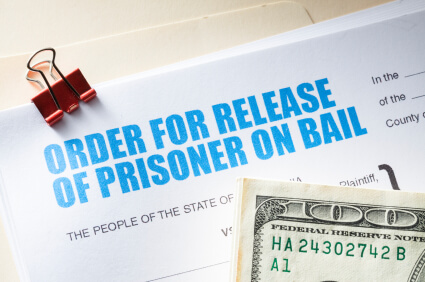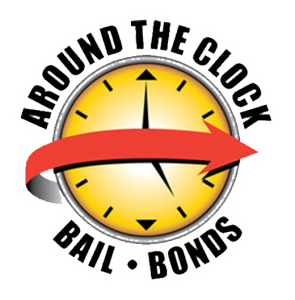When Would Bail be Denied?
When a person is arrested for a crime, they’re taken into custody and booked accordingly. After all of the paperwork has been completed, suspects go through a bail hearing. Bail is the process by which a person is either released or held in jail. The majority of misdemeanor crimes require a person to be released automatically, but felonies have varying consequences. In fact, bail can be denied entirely in specific cases.
Repeat Offender
If a suspect has been charged with a crime while on parole, the court doesn’t often have sympathy for that person. They’ve displayed no regard for their previous crime or concerns for the current offense. In response, a judge could deny bail on the grounds that the suspect will only willfully commit offenses again while allowed to go free. It’s often safer to keep the suspect in custody until a trial can be decided for the good of society.
Flight Risk
A suspect could be a flight risk and denied bail. A flight risk is a person who displays erratic behavior and might leave the city, state or country. It’s more difficult to try a person for a crime if they’re housed in an entirely different country, for instance. When a judge sees a history of running from the law, they’ll normally err on the side of caution and keep the person in jail. A flight risk often extends to non-citizens too because they can exit the country faster than a United States citizen.
Severe Crime Involvement
The United States justice system cannot let a person accused of brutal murder out on bail. Severe crimes like these must be treated with the utmost respect. Every severe crime, from manslaughter to rape, is treated differently than other charges. These suspects must be held in custody until they’re released according to a jury’s guilty or innocent decision. The court cannot be held responsible if a released suspect commits another severe crime while awaiting trial.
Immediate Threat to Self or Others
Unstable suspects cannot be released on bail because they could hurt themselves or others. In certain situations, the court may release the suspect into a treatment facility instead of jail while a trial is being prepared. Every situation is unique, however, so judges must take the person’s medical and personal history into account before deciding on the right course of action. Outright bail is never granted to potentially violent offenders.
Denied Bail Response
The judge is the final decision-maker when it comes to setting bail. If a suspect is denied bail, they must return to jail and wait until their next hearing. Suspects can ask for another bail release at this next hearing date. In other cases, some suspects even appeal to a higher court system for a different bail outcome. Suspects must have a specific positive aspect to their potential release because the higher court will uphold the previous judge’s decision if extenuating circumstances aren’t involved. In the end, the presiding judge must decide on what is safe for the suspect and surrounding neighborhood.
It’s in the suspect’s best interest to remain within the law while they’re out on bail. Judges and juries are more lenient toward suspects who respect their bail and face their mistakes in a court of law. Jumping or skipping bail only creates more problems for the suspect in the future.





